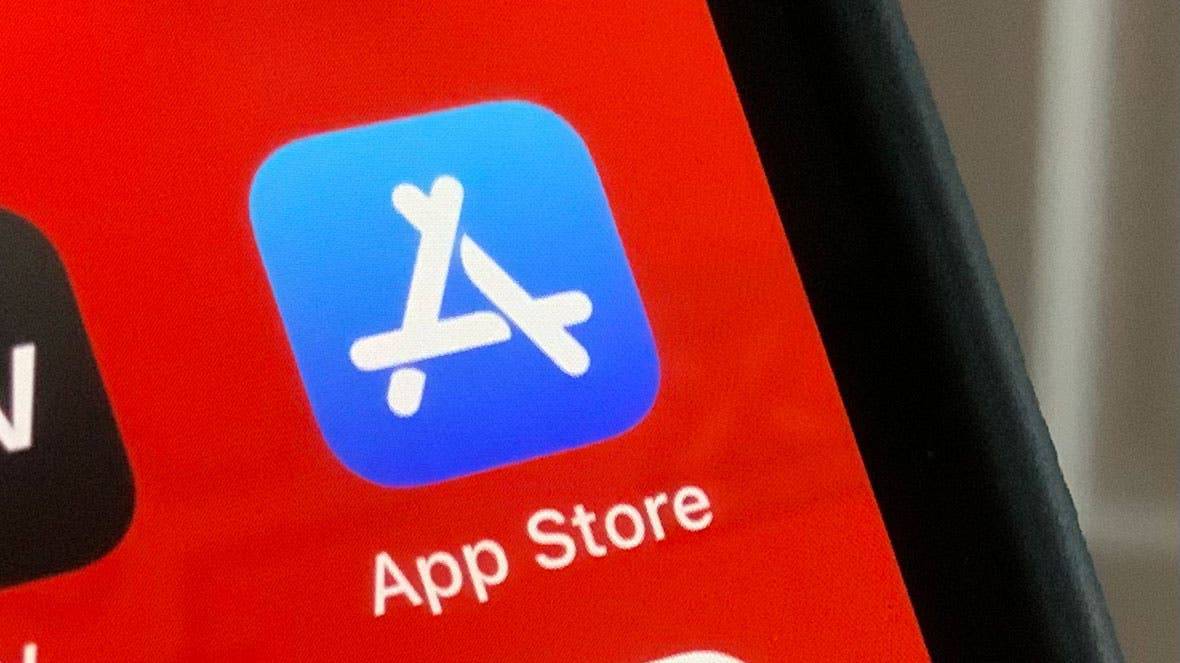Apple is set to appeal the European Union’s decision to include the entire App Store in its new digital antitrust list. The company will dispute the EU regulator’s decision to put all of the App Store into the bloc’s new digital antitrust list. It’ll argue also its iMessage service shouldn’t be subject to closer scrutiny from regulators, according to people familiar with the matter. The App Store like other big app stores are included in the list. The major reason for their inclusion is the huge commission that they get from in-app purchases.

Background
The Digital Markets Act (DMA) came into force for most companies in May 2023. It is a tough legislation that targets the market clout of top technology companies and aims to make it easier for people to move between competing services. The EU Commission had recently designated 22 services of major tech firms as “gatekeepers” of online services. It requires them to inter-operate their messaging apps with rivals. They will also let users decide which apps to pre-install on their devices.
Alphabet’s Google Search, Apple’s Safari, Amazon.com’s marketplace, Bytedance’s TikTok, and Meta Platforms’ Facebook are among the services that come under the scope of the DMA. Together with the Digital Services Act, which puts forth rules for user-targeting, data practices, and data sharing with the regulators, the two regulations are expected to drive big changes in the platforms that come under their purview.
Apple’s Appeal
Apple is set to challenge the European Union’s fresh crackdown on Big Tech’s dominance in the first of what is expected to be several appeals against the Digital Markets Act. The company will dispute the EU regulator’s decision to put all of the App Store into the bloc’s new digital antitrust list. It’ll argue also its iMessage service shouldn’t be subject to closer scrutiny from regulators.
Apple’s appeal is still in draft form and could change before the November 16 deadline to file challenges at the EU’s General Court. Even with the potential appeal, Apple will still be required to comply with the rules.

The company will dispute the EU regulator’s decision to put all of the App Store into the bloc’s new digital antitrust list. It’ll argue also its iMessage service shouldn’t be subject to closer scrutiny from regulators. The Dutch Authority for Consumers & Markets has ruled that Apple’s commission on certain app subscriptions is an abuse of the company’s market power. The outcome of Apple’s appeal will undoubtedly shape the future of app marketplaces and the relationship between tech giants and regulatory bodies.
Implication of including the App Store in the EU antitrust list
The implications of including the App Store in the EU antitrust list are huge. Here are some of the possible implications:
1. Higher Competition:
The EU’s Digital Markets Act aims to increase competition. It hopes to make it easier for people to move between competing services. If the App Store is included in the antitrust list, it could lead to increased competition in the app market. This would be of huge benefit to users of the system.
2. Changes to App Store Rules:
Apple has said that it expects to make changes to the App Store as a result of the bloc’s new rules. If the EU’s concerns are addressed, it could lead to changes in the App Store rules. The new rules will benefit app developers and users of the app store.
3. Legal Issues:
The plan to include the App Store in the EU antitrust list is already causing some legal issues. Apple has plans to go to court to stop the process. If Apple succeeds, it would have implications for how the EU regulates the app market in the future.
4. Impact on Apple’s Revenue:
The App Store is a huge source of revenue for Apple. If the EU’s concerns lead to changes in the App Store rules, it could have an impact on Apple’s revenue.
Gizchina News of the week
5. Impact on App Developers:
App developers have raised concerns about the App Store rules. This includes the commission that Apple takes on app sales. If the EU’s concerns lead to changes in the App Store rules, it could benefit app developers.
6. Impact on Users:
The App Store is the only way to download apps on Apple devices. If the EU’s concerns lead to changes in the App Store rules, it could benefit users. It will increase rivalry and most likely reduce prices.

If Apple’s appeal pulls through, other big app stores like the Google Play store will follow its route. This means that there will be no change in the current status quo in the app market. However, if Apple fails, we will see some big changes in the market. Users will have the option of choosing their default apps. The relationship between big tech firms and regulatory bodies has always been rusty because the latter always probes the former. Whether Apple succeeds in this appeal or not, this will not change how tech firms relate with regulatory bodies.
The EU’s decision to include the App Store in its antitrust list is very straightforward and needs no explanation. The App Store is one of the largest app stores in the world. The EU wants to cut the powers of large app stores and give users more options. Thus, not including Apple in this list is just like saying one thing and doing another.
Digital Markets Act and what it hopes to accomplish
The Digital Markets Act (DMA) is a new European law which ensures fair and open digital markets by preventing large online platforms from acting as “gatekeepers”. It is one of the centrepieces of the European digital strategy, along with the Digital Services Act. The DMA establishes a set of narrowly defined objective criteria for qualifying a large online platform as a gatekeeper, including having a strong economic position, significant impact on the internal market, and being active in multiple EU countries. This act aims to guarantee a competitive and fair digital sector by banning unfair practices by the online platforms holding the biggest share. The core objective of the DMA is to make the internet more competitive and safer for its users by stripping away the powers that a handful of anti-competitive, Big Tech companies have acquired over the years.
The DMA introduces per se prohibitions of practices for a precautionary antitrust approach to competition matters. It also imposes new rules on tech gatekeepers that affect advertisers, such as more stringent data collection rules and greater transparency requirements. These limitations may lead businesses to reconsider their approach to targeting and audience segmentation, including adopting consent-based marketing practices and contextual advertising. The DMA will also require messaging services to work together and allow users to uninstall preloaded applications on devices.
The European Commission believes that keeping the big internet companies in check can lead to more competition and choice, greater innovation, better quality, and lower prices. Failure to comply with the DMA can result in hefty fines and even the possibility of a company breakup. The DMA wants to shake things up for dominant tech companies. It will do this by targeting their operational practices in online ads and bringing more stringent data collection rules.
Conclusion
Apple is set to challenge the European Union’s decision to include the App Store in its new digital antitrust list. It will dispute the EU’s decision to put all of the App Store into the bloc’s new digital antitrust list. It’ll argue also its iMessage service shouldn’t be subject to closer scrutiny from regulators. The Digital Markets Act is a tough legislation that targets the market clout of top technology companies. It aims to make it easier for people to move between competing services.
The EU Commission had recently designated 22 services of major tech firms as “gatekeepers” of online services. It now requires them to inter-operate their messaging apps with rivals. They will also freely allow users to decide which apps to pre-install on their devices. Some of the services are Alphabet’s Google Search, Apple’s Safari, and Amazon.com’s marketplace. Bytedance’s TikTok and Meta Platforms’ Facebook are also among the services that come under the scope. The new law is expected to drive big changes at the platforms that come under their purview. This is one of the reasons why brands on the list are against it.





